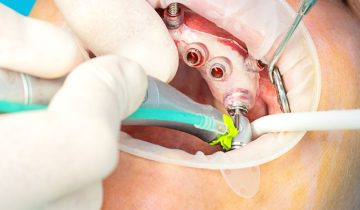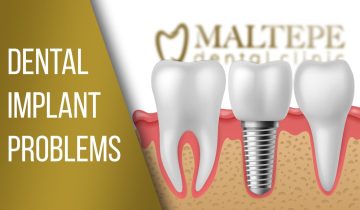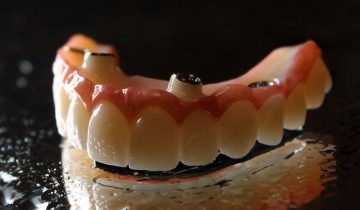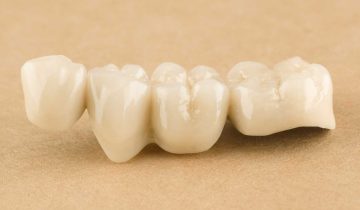Last updated on September 27th, 2023
There are a lot of reasons for missing teeth ranging from poor oral hygiene to simply aging. Moreover, though many people agree that missing teeth are the result of many factors, they ignore that it may cause further health problems and cosmetic issues.
Dental implants stand as the most popular treatment to recover from missing teeth. It is widely accepted that implants offer a permanent solution and fit the patients’ array of teeth perfectly. In addition, they can function and look just like natural teeth.
While implants are widely practiced in dentistry, some patients are still looking for less invasive or less expensive alternatives to dental implants. In this post, you will read about some of the most common alternatives to implants with short explanations.
Millions of people prefer dental implants all around the world. However, since dental implants pose certain drawbacks, such as delayed bone healing, potential jaw and nerve damage, and the longer time required for the treatment, some patients are looking for other alternatives. Some alternatives are preventive, while some are corrective. In this post, we are explaining to you the most popular alternatives to dental implants with key factors.
What are the Alternatives To Dental Implants?
Here are the 7 alternative options for dental implants:
- Dental Bridge
- Implant-Supported Bridge
- Dentures
- Resin-Bonded Bridge
- Dental Flipper
- Gum Disease Treatment
- Root Canal Treatment
1. Dental Bridge
A dental bridge is a fixed prosthetic device that replaces one or more missing teeth by attaching a crown to the adjacent teeth on either side of the gap. Dental bridges are a popular alternative to dental implants because they are less invasive and more affordable. In this treatment, missing teeth or teeth are replaced by artificial teeth (resin or porcelain). Bridges are permanently fixed in the mouth, and they don’t get loose or slip out. As a result, you can eat and speak comfortably. However, they are not suitable for everyone, and it is important to discuss your options with a dentist to see if a dental bridge is the right choice for you.
Advantages of dental bridges:
- More affordable than dental implants
- Less invasive than dental implants
- Can be made from a variety of materials, including porcelain, metal, and resin
- Look and feel like natural teeth
- Permanent solution for missing teeth
Disadvantages of dental bridges:
- Require two healthy teeth on either side of the gap to be used as anchors
- May need to be replaced every 5-10 years
- Can put extra stress on the anchoring teeth
- May require some modification of the anchoring teeth
To learn more about the pros and cons of dental implants compared to dental bridges, see our blog post: ‘Which One is Better: Dental Implant or Bridge?‘
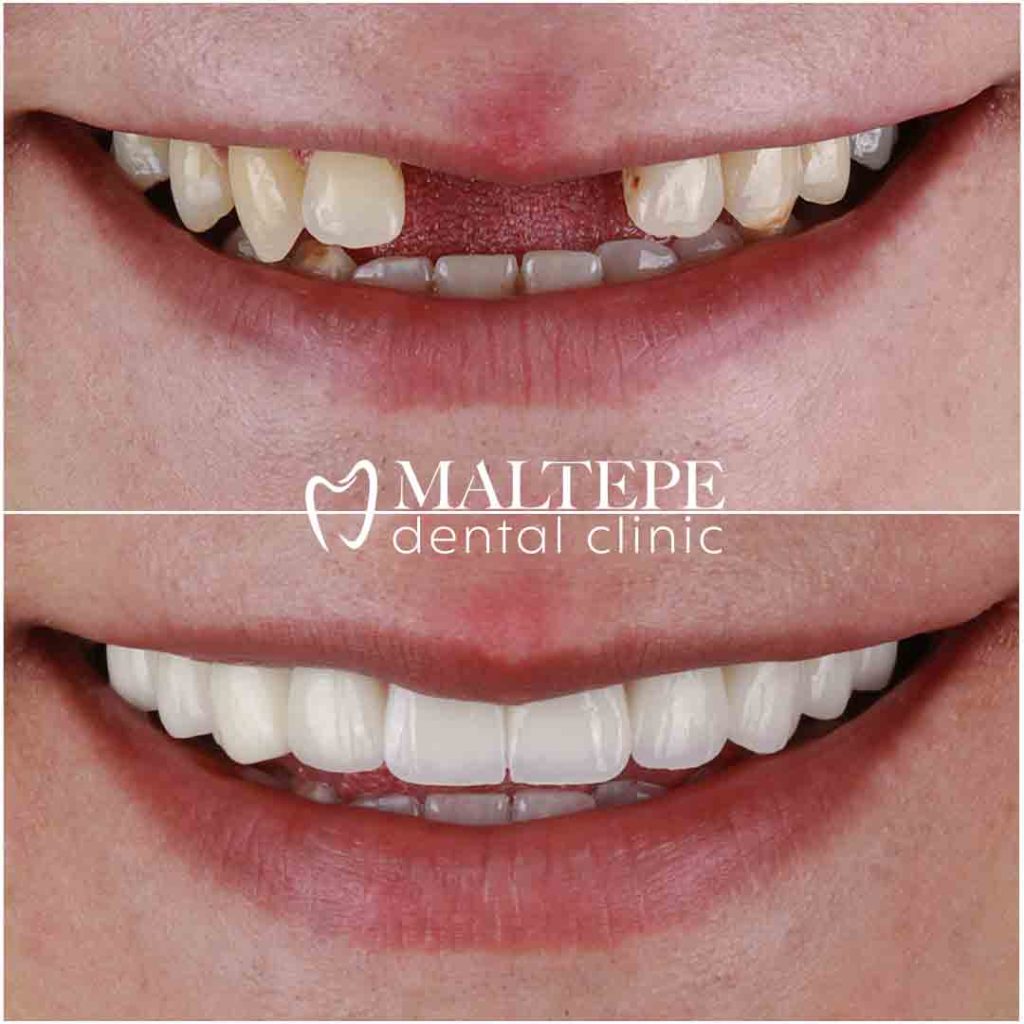
2. Implant-Supported Bridge
An implant-supported bridge is a type of dental bridge that is supported by dental implants instead of natural teeth. In this treatment, implant screws are used to hold adjacent teeth to support the replacement tooth. The procedure is similar to traditional dental bridges, but titanium screws are used instead of crowns to keep the bridge stable and stronger. This makes them a good option for people who have missing teeth and do not have enough healthy teeth to support a traditional bridge. Implant-supported bridges are also a good option for people who have lost all of their teeth in a row.
Advantages of implant-supported bridges:
- More durable and long-lasting than traditional bridges
- Do not require any modification of natural teeth
- Preserve the jawbone and prevent bone loss
- Look and feel like natural teeth
- Permanent solution for missing teeth
Disadvantages of implant-supported bridges:
- More expensive than traditional bridges
- More invasive procedures than traditional bridges
- Require multiple procedures over several months
In general, implant-supported bridges are considered to be a superior option to traditional bridges because they are more durable, long-lasting, and preserve the jawbone. However, they are also more expensive and require a more invasive procedure.
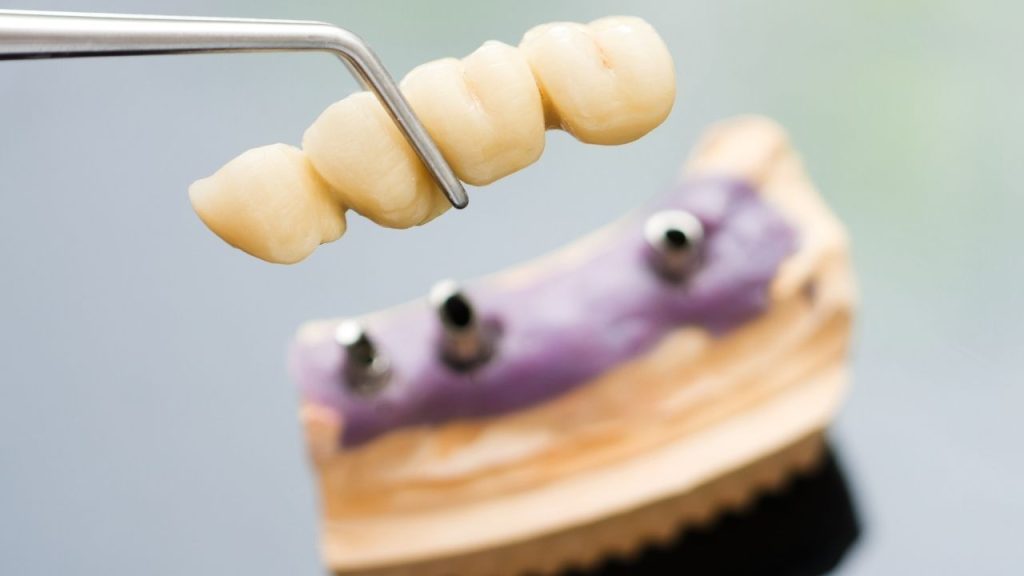
3. Dentures
Dentures are removable but natural-looking alternatives to dental implants. There are different types of dentures such as full dentures, partial dentures, and implant-supported dentures.
Advantages of dentures:
- More affordable than dental implants
- Less invasive than dental implants
- Can be removed for cleaning and maintenance
- Can be repaired or replaced relatively easily
Disadvantages of dentures:
- Can be uncomfortable and bulky
- May slip or move around in the mouth
- Can make it difficult to eat and speak clearly
- May require adhesives to keep them in place
Dentures are a popular choice for people who have lost all or most of their teeth. They are also a good option for people who cannot afford dental implants or who are not good candidates for implant surgery.
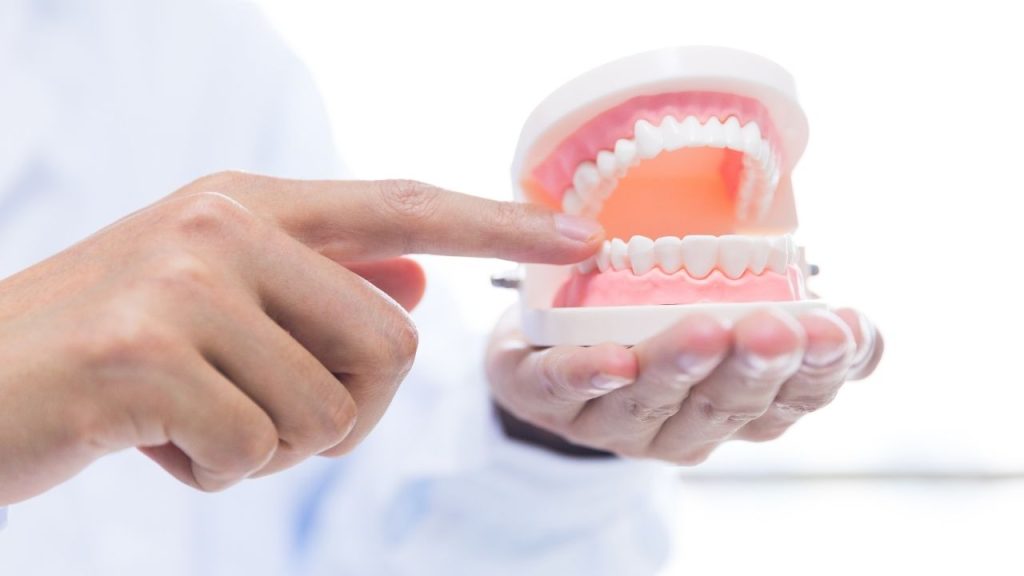
4. Resin-Bonded Bridge
A resin-bonded bridge, also known as a resin-retained bridge or Maryland bridge, is a prosthetic dental treatment usually used to replace a single missing tooth. Resin-bonded bridges are made of metal and/or ceramic, and they are a less invasive and more affordable option than traditional bridges.
Advantages of resin-bonded bridges:
- Less invasive than traditional bridges
- More affordable than traditional bridges
- Do not require any modification of the adjacent teeth
- Can be placed in a single appointment
Disadvantages of resin-bonded bridges:
- Not as durable as traditional bridges
- May require replacement more often than traditional bridges
- May not be suitable for people with weak teeth or who grind their teeth
If you are considering a resin-bonded bridge, it is important to talk to your dentist about your individual needs and goals. They can help you decide if a resin-bonded bridge is the right choice for you and develop a treatment plan that is right for you.
5. Dental Flipper
A dental flipper, also known as a removable partial denture, is a type of prosthetic device that replaces one or more missing teeth. Flippers are made of acrylic and are designed to be lightweight and comfortable to wear. They are a good option for people who need a temporary solution to replace missing teeth while waiting for a more permanent solution, such as a dental implant or bridge.
Advantages of dental flippers:
- Affordable
- Can be made quickly and easily
- Comfortable to wear
- Removable for cleaning and maintenance
Disadvantages of dental flippers:
- Not as durable as other types of dental prosthetics
- May loosen over time
- May not be suitable for people who grind their teeth or have weak gums
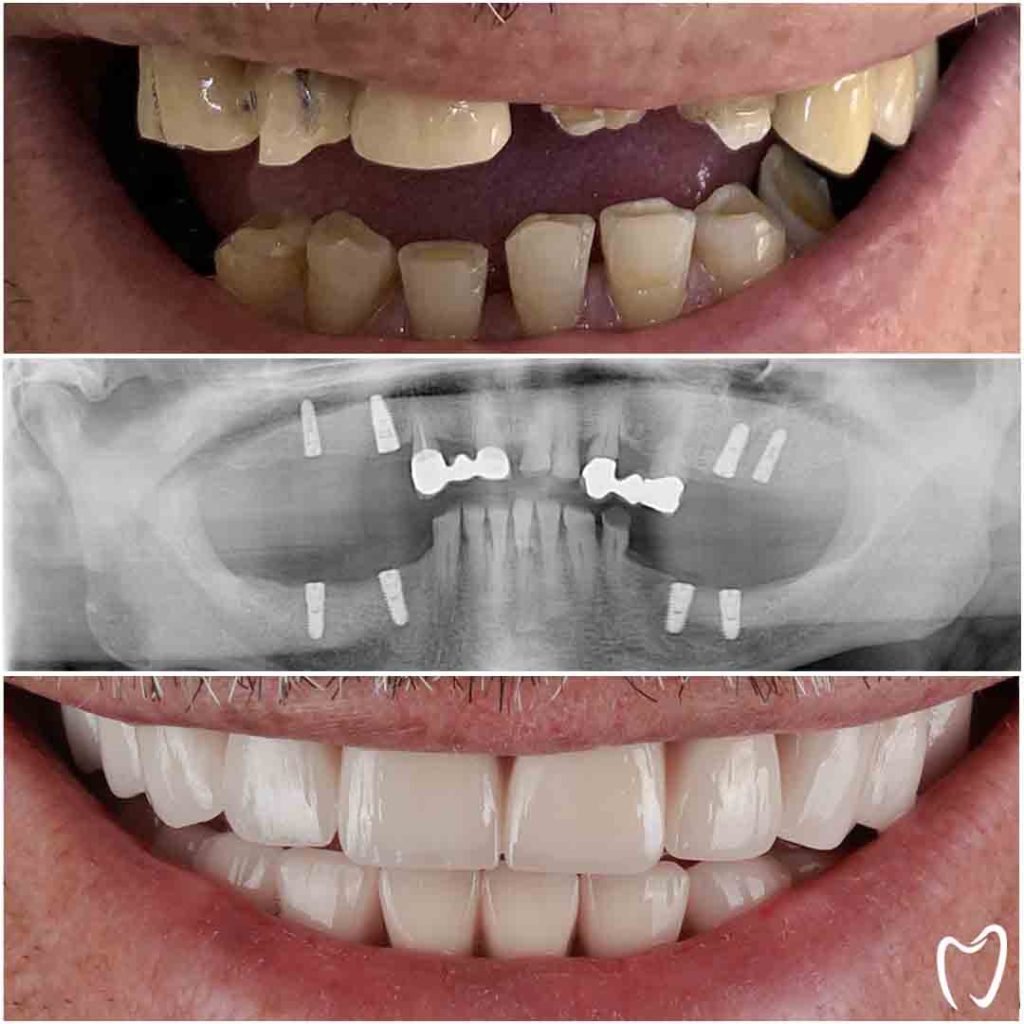
6. Root Canal
Root canal treatment is a less invasive and more affordable alternative to dental implants. Root canal treatment is a dental procedure that is used to treat an infected or inflamed tooth. The procedure involves removing the infected or inflamed tissue from the inside of the tooth, cleaning and disinfecting the tooth, and then filling it with a rubber-like material.
Once a tooth has been treated with a root canal, it is still possible to save it. The tooth may need to be crowned to protect it, but it can continue to function normally.
Benefits of root canal treatment as an alternative to dental implants:
- Less invasive: Root canal treatment is a less invasive procedure than dental implant surgery.
- More affordable: Root canal treatment is more affordable than dental implants.
- Preserve the natural tooth: Root canal treatment allows you to keep your natural tooth.
Drawbacks of root canal treatment as an alternative to dental implants:
- Not as durable as dental implants: Teeth that have been treated with a root canal are not as durable as dental implants. They may be more likely to break or chip.
- May require more maintenance: Teeth that have been treated with a root canal may require more maintenance than dental implants. They may need to be recrowned periodically.
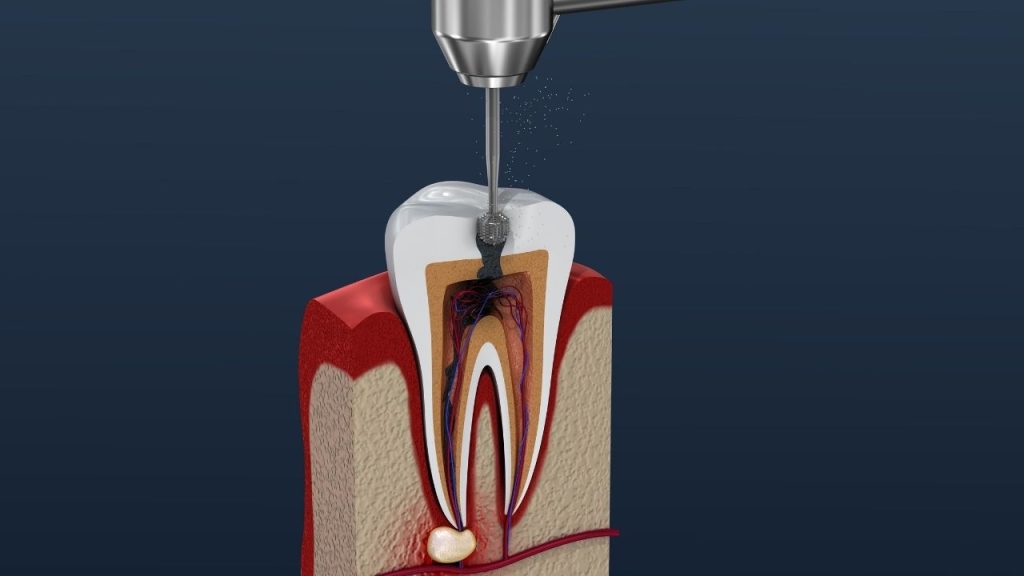
7. Gum Disease Treatment
Gum disease is a common infection of the gums that can lead to tooth loss. It is caused by a buildup of plaque and bacteria on the teeth and gums. If not treated, gum disease can damage the gums, bones, and ligaments that support the teeth.
As an effective preventive way, gum disease treatment is a good alternative for those not yet suffering from significant teeth loss. Regenerative care given to gums can save teeth from further damage. Of course, any treatment given to gums will not eliminate the existing cosmetic or functional problems with your teeth, but it will stop the infection from spreading throughout the body.
Summary
Dental implants are a common and effective way to replace one or more missing teeth. However, patients are not sure about getting this treatment because of the invasive methodology, long healing time, costs…etc. Now, you have learned about practical dental implant alternatives, and you can make a better decision for your case.

